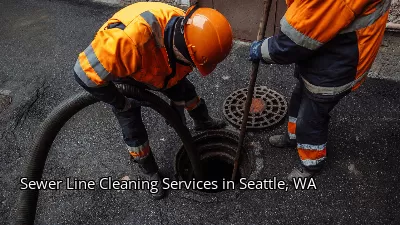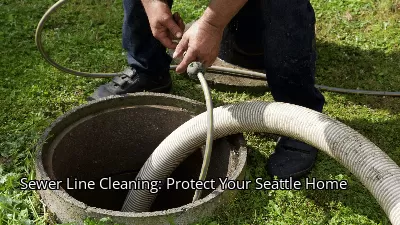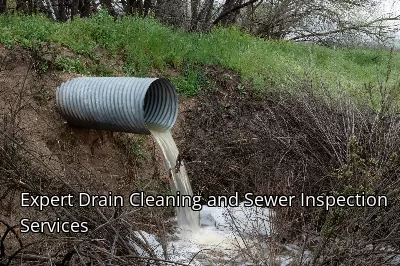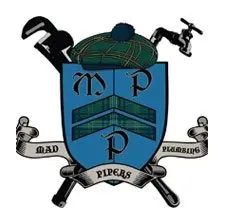
Sewer line cleaning is a critical maintenance task that removes stubborn blockages, tree root intrusions, grease buildup, and debris that can cause major backups and water damage if left untreated.
Sewer Line Cleaning: Protect Your Seattle Home

At Mad Piper’s Plumbing, we understand the importance of maintaining a clean and efficient sewer system. With over 15 years of plumbing experience in Washington, our professional drain technicians know the unique challenges that Seattle’s sewer systems face. From unexpected blockages to regular maintenance needs, ensuring that your sewer lines are clear is essential for preventing costly plumbing repairs and maintaining a healthy home environment. Our team is adept at identifying and resolving issues before they escalate, using cutting-edge technology to deliver effective results.
Expert Drain Cleaning and Sewer Inspection Services

Whether your sewer line is partially blocked, completely clogged, or simply due for routine maintenance, our skilled plumbers are equipped to handle it with the precision and urgency it demands. We invest in the latest plumbing technologies and training—including factory certification with Toto—to stay at the forefront of sewer cleaning excellence. Our sewer inspection services use advanced cameras to locate problem areas accurately, ensuring that we can address any issues quickly and efficiently. Call Mad Piper’s Plumbing today to schedule sewer line cleaning in Washington—licensed, experienced, and here to get the job done right the first time.
Frequently Asked Questions
How often should I schedule sewer line cleaning?
It's recommended to have your sewer lines cleaned every 18 to 24 months to prevent blockages and maintain optimal function.
What signs indicate that I need sewer line cleaning?
Slow drains, frequent clogs, and unpleasant odors are common signs that your sewer lines may need cleaning.
Can tree roots damage my sewer lines?
Yes, tree roots can infiltrate and damage sewer lines, leading to blockages and potential leaks. Regular inspections can help prevent this.






